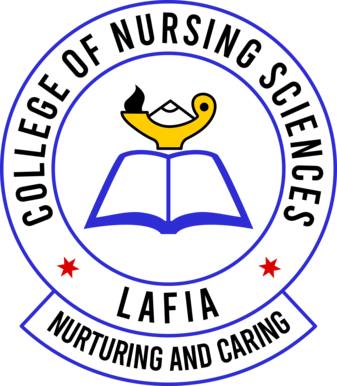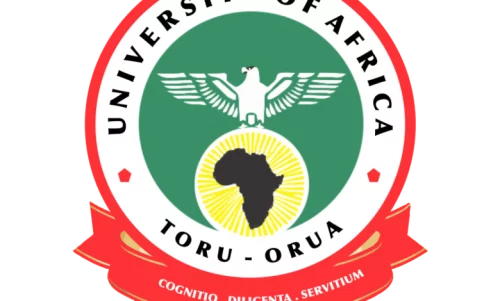CRS Keypoints: Opposition to the Gospel message; The spread of the Gospel message in the early Church faced significant opposition and persecution. This article examines key instances of opposition, including the arrest and imprisonment of Peter and John, the martyrdom of Stephen, the role of Saul in persecuting the Church, the importance of persecution for the Church’s growth, and the persecution endured by the apostle Paul.
CRS Keypoints: Opposition to the Gospel message
These accounts shed light on the challenges early believers faced and highlight the resilience and impact of the early Church.
Study Other CRS Keypoints Here
(a) The Arrest and Imprisonment of Peter and John
The story of the arrest and imprisonment of Peter and John is documented in Acts 3, Acts 4:1-22, Acts 5:17-42, and Acts 12:1-24. After performing miracles and preaching boldly, Peter and John were apprehended by the religious authorities and imprisoned. However, through divine intervention and the prayers of the believers, they were released and continued their mission of spreading the Gospel.
(i) Tracing the Story: The courageous acts of Peter and John, their bold proclamation of Jesus as the Messiah, and the subsequent opposition and imprisonment they faced demonstrate the resistance encountered by those who preached the Gospel.
(ii) The Martyrdom of Stephen
Acts 6:8-15 and Acts 7 recount the events leading to the martyrdom of Stephen. As a deacon filled with the Holy Spirit, Stephen fearlessly confronted the religious leaders with the truth about Jesus. His speech enraged them, leading to his unjust trial and eventual stoning.
Stephen became the first Christian martyr, setting a profound example of faithfulness and commitment to the Gospel message.
This class note is for people sitting for the following examinations: JAMB, WAEC, NECO, GCE, IJMB
(iii) Saul’s Role in the Persecution of the Church
Saul, later known as the apostle Paul, played a significant role in persecuting the early Church. Acts 8:1-3 and Acts 9:1-2 describe Saul’s zealous persecution of believers, as he sought to eradicate the followers of Jesus. Saul’s encounter with Christ on the road to Damascus led to his transformation and commissioning as an apostle, becoming one of the most influential figures in the spread of Christianity.
(iv) The Importance of Persecution to the Growth of the Church
Persecution played a crucial role in the growth of the early Church. The opposition faced by believers resulted in their increased devotion to the Gospel message and strengthened their faith. Persecution served to refine and purify the Church, separating true disciples from those who were not fully committed.
It also led to the dispersion of believers, causing the Gospel to spread to new regions and communities.
(v) Account for the Persecution of Paul
Paul endured severe persecution throughout his ministry. Acts 16:11-40, Acts 19:23-41, and Acts 21:27-36 highlight instances of Paul facing opposition, arrest, and physical harm. His commitment to preaching the Gospel in hostile environments, his imprisonment, and ultimately his martyrdom exemplify his unwavering dedication to Christ and the mission of the Church.
Conclusion:
The early Church faced significant opposition and persecution as it sought to spread the Gospel message. The arrest and imprisonment of Peter and John, the martyrdom of Stephen, the role of Saul in persecuting the Church, and the persecution endured by Paul are all testament to the challenges early believers encountered.
Study Other CRS Keypoints Here
However, these trials served to strengthen the resolve of the Church, refine its message, and propel its growth. The early Christians’ unwavering faith in the face of opposition continues to inspire believers today to boldly proclaim the Gospel and stand firm in their convictions.
This class note is for people sitting for the following examinations: JAMB, WAEC, NECO, GCE, IJMB












